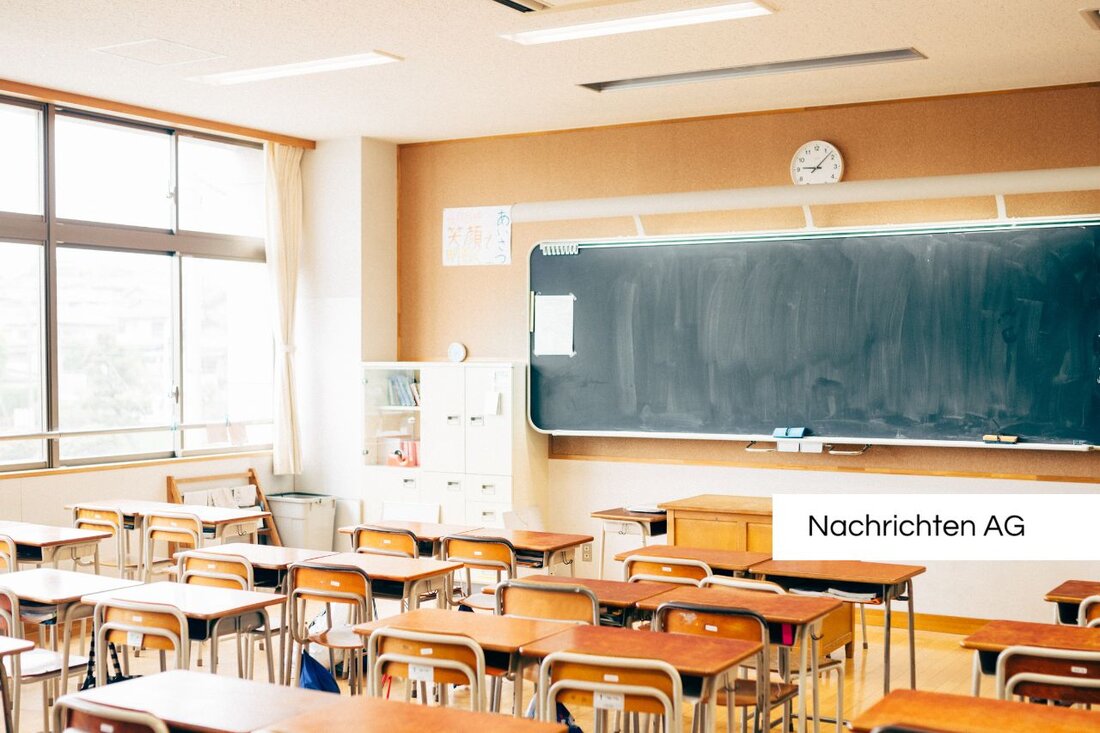Learn children with AI: Revolution in German language rooms!
More and more children are using AI for language support; Challenges and potential in the education system are discussed.

Learn children with AI: Revolution in German language rooms!
More and more children aged three to eight years are using language games and learning programs with artificial intelligence (AI). According to Krone , 71% of three to five year olds and 65% of six to twelve-year courtesy forms such as "request" and "Thank you" in dealing with AI. These observations raise fundamental questions about language development and the influence of AI on the communication of children that cannot currently be answered fully. The change takes place in both children's rooms and school classes and is often far from the research institutes.
A central topic in this context is the use of AI for language promotion in the world of education. The nexperts.ai describes how AI-supported language tools enable an individualization of the learning process that often cannot offer classic teaching methods. These applications create personalized learning plans based on the individual strengths and weaknesses of the students. An example from a primary school in Berlin shows that the use of a language learning app led to significant improvements in the understanding of language and the expressiveness of the students.
challenges when implementing KI
Despite their positive possibilities, the introduction of AI also contains challenges in schools. Schools need a robust technical infrastructure that is often not given. In addition, there is often a lack of IT specialists that are required for the implementation and maintenance of the systems. Data protection problems are also addressed because extensive data about learning behavior and language development are collected. At the same time, ethical questions are important because automated systems can be stigmatizing when categorizing pupils.
AI tools are not designed as a substitute for teachers, but should support them. You can take on repetitive tasks and provide teachers with valuable analyzes, which represents a significant relief in everyday classrooms. However, teachers must be trained accordingly for effective use of AI technologies. Future developments could help reduce language barriers and to facilitate access to education for everyone. Interactive language learning apps and virtual AI assistants are just a few examples of possible future learning with AI.
The transformative call of the AI in the education system
The use of AI could, however, change the education system far-reaching, as well as the bpb notes. Over the past 40 years, there have been numerous announcements about new methods and technologies in the education system, but there has been a profound digital revolution so far. AI has the potential to finally initiate such a revolution by personalizing the teaching design and responding to the specific needs of the students. Feedback, a crucial aspect for successful lessons, can be supported by AI, which is often neglected.
However, the challenges when using AI in the education sector should not be underestimated. Problems such as neutrality and the reliability of the information are important to protect the learners. It is also essential that students learn to critically question information and to use AI as a tool for their learning process. The integration of AI should be carefully planned in order not to neglect the human interaction and social aspects of learning.
Overall, countries like Germany have to react agile to the challenges and opportunities of AI in the education sector. This is crucial in order not to fall back in an international comparison and to effectively use the possibilities that AI offers in the field of language support.

 Suche
Suche
